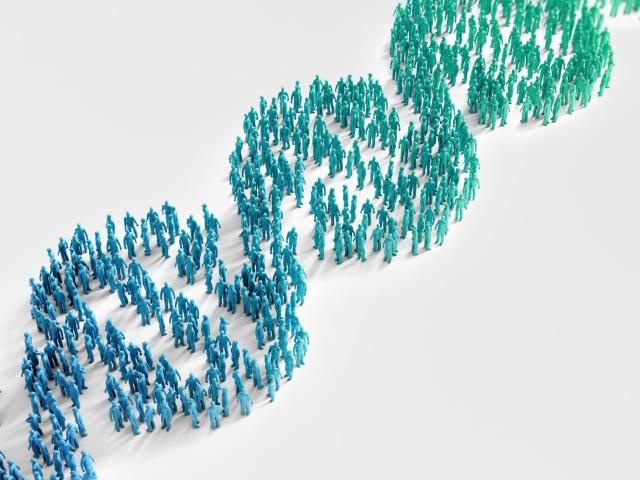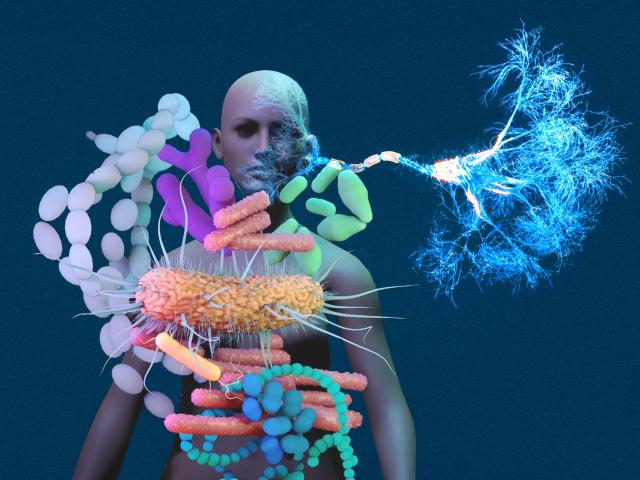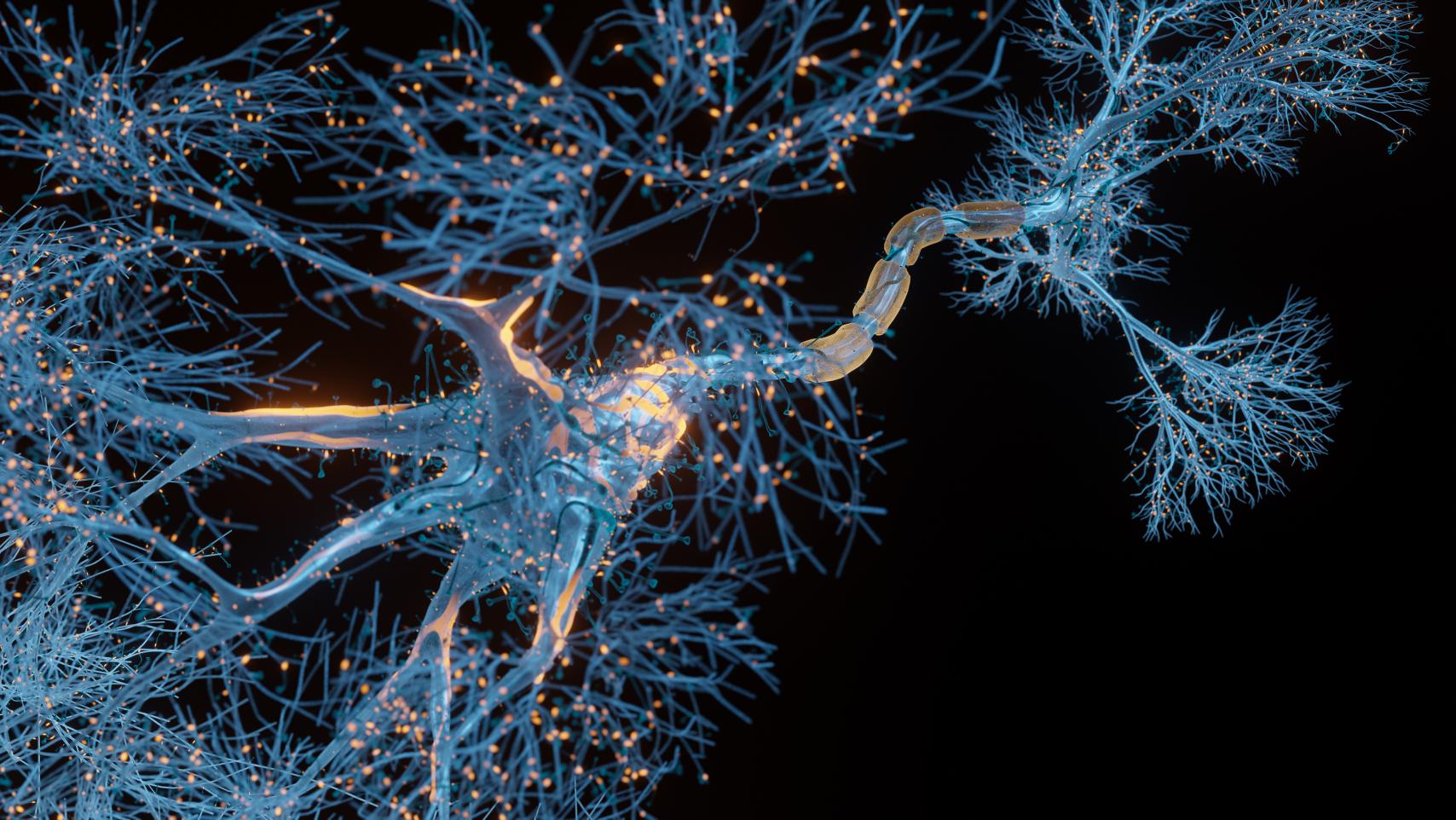Depression has been recognized as a medical condition for thousands of years and affects hundreds of millions of people worldwide; yet we understand little about its causes and have limited ability to predict the course that it will take in any given person. We know that depression is not one illness. It is a group of conditions with differing but overlapping sets of symptoms which can follow many possible courses.
How can we disentangle the many causes and courses of depression and thereby realize our vision? Fortunately, we can follow the research approach adopted by other researchers who have made revolutionary advances in understanding, treating and preventing a host of medical disorders from cancer to diabetes to heart disease, all in recent years.
This approach centers on studies of large numbers of research participants to identify the impact of genetic, environmental and social risk factors in contributing to different types of depression and to deploy tools that will provide objective markers that accurately predict the specific course that depression will follow in each individual who lives with this condition. As has been true for many other diseases, as we achieve these research objectives, we will develop new and better treatments and more precisely match both new and existing treatments to the specific needs of each individual.
Our research focuses on three objectives
Discover Causes & Trajectories

Depression is heterogeneous. Current assessments to diagnose are imprecise, and studies to find genetic and environmental links have been too small to identify the various causes and types of depression. We are researching the different types of depression and the different courses of the disease to identify precise, objective tools for diagnoses and make predictions about the courses.
Elucidate Mechanisms

Preventing depression and developing new treatments depend on our learning how genetics and environmental factors interact in our brains and the rest of our bodies to cause different types of depression. Understanding the mechanisms underlying the different types of depression will enable us to design targeted treatments.
Develop New & Better Treatments

Current treatments, while lifesaving for many, fall short for many others. They are neither personalized nor targeted to underlying biological processes. This is likely why they work for only half of those who receive them. This treatment failure rate is a significant contributing factor to the burden of depression on health and wellbeing. We are focused on developing new psychological, biological and other treatments targeted at types of depression.

